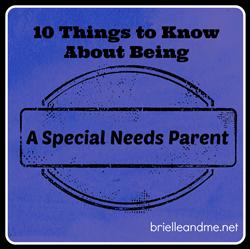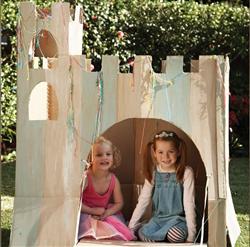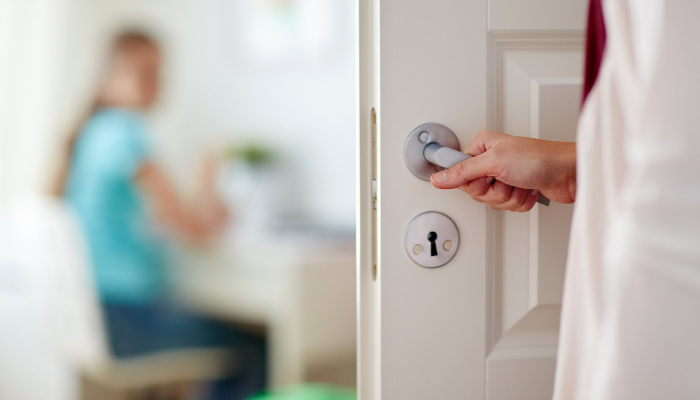My Kids Are Driving Me Crazy!
By Dara Garner-Edwards, MSW, LCSW, family counselor with Wake Forest Baptist Health – Brenner Children’s Hospital
Having trouble getting your child to eat dinner or get out of bed in the morning? Is he throwing temper tantrums in public? Is she biting other children at school? Is the whining, nagging, screaming and arguing driving you crazy?
What if I told you that these behaviors and many others can be managed with a set of “tools” that can transform your child’s behavior and reduce your stress?
These tools are taught through an approach called “Positive Discipline” that builds life skills in children of all ages. This approach is not based on discipline through punishment or reward, but through effective communication with your child.
Here’s how it works. Say your child is having a temper tantrum. You may think, “Why is he behaving so badly? This is making me mad.” Your response might be to yell at him or give him a time out. If you really need to get his attention or if he’s being destructive, you might also give a “pop” on the bottom. Sound familiar?
In the Positive Discipline approach, the philosophy is that “a misbehaving child is a discouraged child.” It’s important to first take a step back and think about what’s going on in your child’s mind. Ask yourself, “What does he need to feel better?” Instead of punishing for bad behavior, talk softly and help him work through that moment. It’s important to let him know you are on his side. When he feels better, he’ll act better.
Seems simple enough for a toddler, but what about for other ages? I have a 13-year-old, a 10-year-old, and a two-year-old. While my two-year-old has been reaping the rewards of Positive Discipline parenting since birth, my two older children have only experienced a “change” in my response to their behaviors for the last couple of years when we started Positive Discipline. Bedtime has always been particularly challenging, given the vast difference in their ages and personalities. Before Positive Discipline was implemented in our home, bedtime was filled with arguments and nagging. But the Positive Discipline approach puts the responsibility on me and my children.
It starts with a routine the children create for themselves. They know what time they need to be in bed with the lights out. They decide if they want to cram their bedtime routine into the five minutes before lights turn off, or if they choose to take an hour. I ask them, “What time do you want to brush your teeth, put on pajamas, and read a book? How long do you want to play in your room?” My toddler gets a picture chart to help with the schedule. If things start to get off schedule, I direct the children to their routine. There’s no argument, because we’ve worked together to create a routine that works for each of them. Not only does this help keep the peace, it also teaches them the life skills, such as time management, that they will need as adults.
Things don’t always go smoothly. Sometimes one of my children gets off schedule, and goes to bed a little later. When he is tired the next morning, I say, “Gosh, I know it was hard to get up this morning. I’m sorry you are tired. What can we do differently at bedtime this evening?” Sometimes it requires working out a new routine together.
I could fill a book with other examples that occur in my house alone. Positive Discipline really works for my family, and the hundreds of parents I’ve counseled. It can take the tension out of routines like bedtime and provides priceless life skills for your children – from time management to conflict resolution.
You can learn more about positive parenting techniques through free classes offered by Brenner FIT, a program of Wake Forest Baptist Health – Brenner Children’s Hospital. The classes, called “My Kids Are Driving Me Crazy,” feature a different topic each month. The next class will cover sibling rivalry and will be held Thursday, April 19, from 4 to 5:30 p.m. at the Gateway YWCA, 1300 S. Main Street, in Winston-Salem. Registration is required by calling 336-722-5138, extension 318. For more information about this and other Brenner FIT classes, visit www.BrennerChildrens.org/BrennerFIT.







